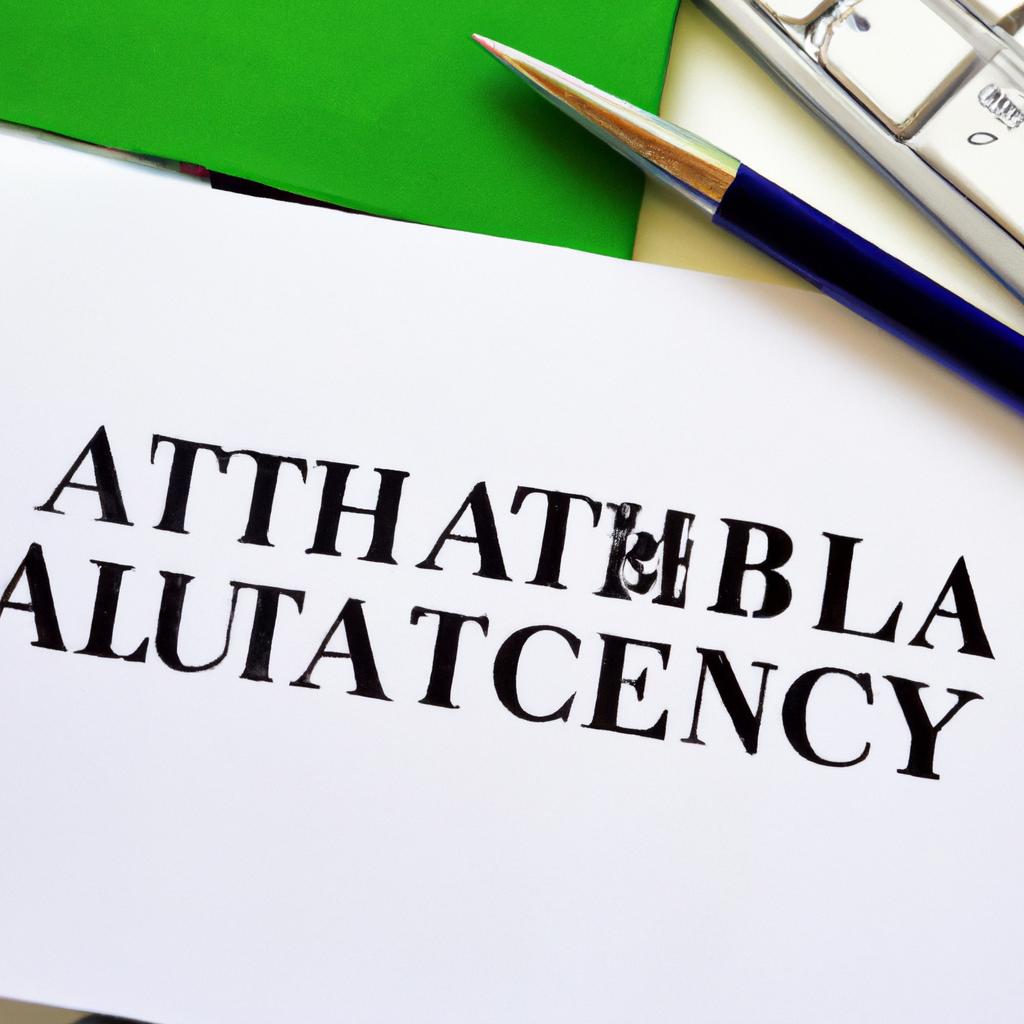In the intricate web of estate planning, the concept of probate often looms with uncertainty and trepidation. As a trusted advisor in matters of Wills and trusts, our team at Morgan Legal Group in the bustling metropolis of New York City frequently fields inquiries about the necessity of probate when a Will is in place. Join us as we unravel the complexities surrounding this age-old question: If you have a will, do you need probate? Let us guide you through the legal intricacies and shed light on the path ahead.
Understanding the Role of Probate in Estate Planning
Probate is a legal process that involves proving the validity of a will in court. It ensures that the deceased person’s assets are distributed according to their wishes as outlined in their will. While having a will is crucial for estate planning, it does not necessarily mean that probate is required. Whether or not probate is necessary depends on various factors, such as the type and value of the assets, how they are owned, and state laws.
Some reasons why probate may not be needed if you have a will include:
- Joint ownership: Assets held in joint tenancy or with designated beneficiaries may bypass probate.
- Small estate: Some states have simplified procedures for small estates that do not require probate.
- Lack of creditors: If an estate has no debts or creditors, probate may not be necessary.

Determining the Necessity of Probate with a Valid Will
Having a valid will in place is a crucial step in ensuring your final wishes are carried out after your passing. However, simply having a will does not automatically mean that probate can be avoided. Probate is the legal process of validating a will and distributing assets according to the deceased’s wishes. In some cases, probate may still be necessary even if a valid will exists.
One factor to consider when is the nature and value of the assets in the estate. Assets held solely in the deceased’s name may require probate in order to transfer ownership to the beneficiaries. Additionally, if there are disputes among heirs or creditors seeking repayment, probate may be necessary to resolve these issues. Consulting with an experienced estate planning attorney can help you navigate the probate process and ensure that your loved ones are taken care of according to your wishes.
| Assets | Necessity of Probate |
|---|---|
| Jointly Owned Property | No |
| Life Insurance Proceeds | No |
| Retirement Accounts | No |
| Bank Accounts with Payable on Death Designation | No |

Exploring Alternatives to Probate for Efficient Estate Administration
When it comes to administering an estate, many individuals automatically think of probate as the only option. However, there are alternative methods that can be just as effective, if not more efficient, in handling an individual’s estate after their passing. One of the most common alternatives to probate is utilizing a living trust. By transferring assets into a trust during one’s lifetime, these assets can be distributed to beneficiaries without the need for probate.
Another alternative to probate is joint tenancy with right of survivorship. This arrangement allows for assets to pass directly to the surviving joint tenant upon the death of one owner, bypassing the probate process altogether. Additionally, utilizing payable-on-death accounts and transfer-on-death registrations for assets such as bank accounts, investment accounts, and vehicles can help avoid the need for probate. Consulting with an experienced estate planning attorney can help individuals determine the best alternatives to probate based on their unique circumstances and goals.

Consulting with Experienced Estate Planning Attorneys for Individualized Guidance
If you have a will in place, you may be wondering if you still need to go through the probate process. While having a will certainly helps streamline the distribution of your assets after your passing, it does not necessarily mean that your estate will avoid probate. Probate is the legal process of validating a will, settling debts, and distributing assets to beneficiaries. Whether or not your estate will need to go through probate depends on various factors such as the size of your estate, how your assets are titled, and state laws.
Consulting with experienced estate planning attorneys can provide you with individualized guidance on how to best plan for the distribution of your assets. They can help you understand the probate process, explore ways to minimize probate costs and delays, and ensure that your wishes are carried out effectively. By working with knowledgeable attorneys, you can create a comprehensive estate plan that meets your unique needs and goals for the future.
Q&A
Q: What is probate and why is it necessary?
A: Probate is the legal process of proving and executing a will after someone’s passing. It ensures that the deceased’s assets are distributed according to their wishes and resolves any outstanding debts or taxes.
Q: If I have a will, do I still need probate?
A: Yes, having a will does not negate the need for probate. The court must verify the authenticity of the will and oversee its execution to ensure it is carried out correctly.
Q: Are there any ways to avoid probate if I have a will?
A: There are some methods to potentially avoid probate, such as creating a living trust or designating beneficiaries on financial accounts and property titles. However, these methods may not be suitable for everyone and it is best to seek advice from a legal professional.
Q: How long does the probate process typically take?
A: The length of the probate process can vary depending on the complexity of the estate and any potential challenges that may arise. It can range from a few months to several years.
Q: What happens if I die without a will?
A: If you pass away without a will, your assets will be distributed according to the intestacy laws of your state. This process is often more complicated and can result in assets being distributed in a way you may not have intended.
Q: Do I need a lawyer to navigate the probate process?
A: While it is not required to have a lawyer, having legal guidance can be beneficial in ensuring the probate process is carried out smoothly and in accordance with the law. It can help alleviate stress and potential conflicts among beneficiaries.
In Summary
In conclusion, the decision of whether or not to go through probate after obtaining a will ultimately depends on various factors, such as the size of the estate and the specific laws of your jurisdiction. While probate can be a lengthy and expensive process, it can also provide necessary protections and ensure that the deceased’s wishes are carried out properly. Consulting with a legal professional can help you navigate this complex legal terrain and make the best decision for your individual circumstances. Remember, having a will is just the first step - understanding the probate process is crucial in ensuring a smooth transition of assets to your loved ones.




